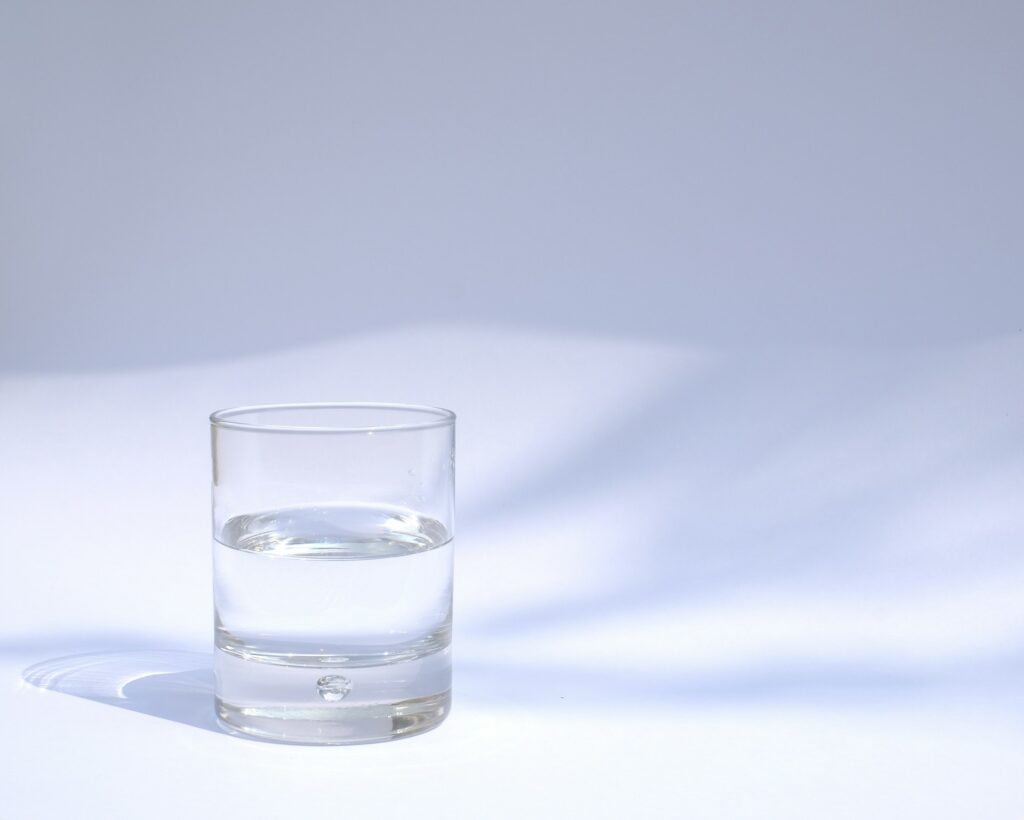‘What’s in Your Drinking Water?’ Gloucester County Educates Residents on Water Safety

EDITOR’S NOTE: This story was produced as part of the Center for Cooperative Media at Montclair State University’s South Jersey Information Equity Project fellowship and supported with funding from the Independence Public Media Foundation, the Geraldine R. Dodge Foundation and the NJ Civic Information Consortium
BY MONIQUE HOWARD | South Jersey Information Equity Project
SEWELL — On May 14, the Gloucester County Department of Health held a presentation titled “What’s in Your Drinking Water?” at Rowan College of South Jersey to educate residents about safety regulations for private wells and municipal water.
That afternoon, Gloucester County residents gathered in a classroom inside the Math and Engineering Center.
Amber Lewis, a senior registered environmental health specialist, served as the presenter on behalf of the Gloucester County Department of Health.
She offered practical solutions for ensuring water safety through due diligence and encouraged public water users to respond to letters sent by the municipality regarding water service lines. Municipalities may request photos or require an inspection. For private well owners, she recommends calling a plumber to help with identification.
“You should test water at a certified lab,” Lewis advised.
“Use only cold water for drinking, cooking, and making baby formula. Regularly clean faucet screens, flush your water pipes for 15–30 seconds, and always install a certified treatment system,” she added.
Per- and polyfluoroalkyl substances (PFAS), commonly known as “forever chemicals,” were a key topic during the presentation.
“There’s the forever chemical that everyone has heard about,” she said.
“There are a lot of commercial and industrial uses. Over the past 7 to 12 years, many leaks and waste issues have been fixed. These problems typically stem from industrial water use and discharge, which have caused contamination in the water supply.”
Lewis provided residents with an in-depth overview of current regulations.
“Consider the maximum contaminant levels (MCLs) for three substances: PFAS, PFOA, and PFOS,” Lewis explained.
“Public water systems are required to monitor drinking water for these chemicals and notify the public if MCLs are exceeded.”
She continued, “We are required to test for these specific elements. These substances have been designated as hazardous, and new regulations mandate that industrial sites monitor, manage, and report their use and discharge. This requirement stems from the most recent regulation issued on April 10, 2024.”
After the informative session, residents in attendance left with a better understanding of how to ensure the safety of their drinking water.
For more information on drinking water safety, please view the websites and contacts listed below:
Gloucester County Health Department — Environmental Division
856-218-4170
NJDEP-Bureau of Safe Drinking Water
609-292-5550
NJDEP Hotline
1-877-WARNDEP(927-6337)
NJDOH Website
Follow Us Today On:
Note from AC JosepH Media: If you like this story and others posted on Front Runner New Jersey.com, lend us a hand so we can keep producing articles like these for New Jersey and the world to see. Click on SUPPORT FRNJ and make a contribution that will go directly in making more stories like this available. Thank you for reading!




